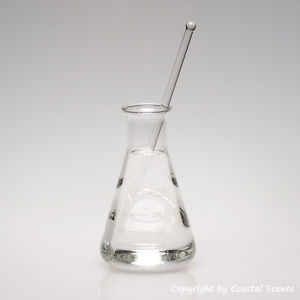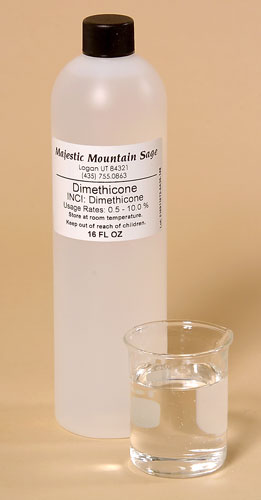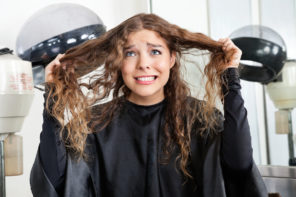In the natural hair community silicones have gotten a bad rep. Avoid them. Don’t avoid them. The information on the internet regarding silicones and natural hair is all over the place. It seems the jury is perpetually out. Curls Understood decided to turn to a professional and get to the truth! Gavanne Davis is a cosmetic chemist in the personal care industry. She has managed hundreds of accounts and has written several formulas for many cosmetic companies. Gavanne is the CEO of Vann Cosmetics, LLC., a cosmetic consulting company that manages accounts for companies that create cosmetic lines. Here’s the skinny…
What are silicones?
Silicones are compounds that contain silica. Silica, or sand, is a naturally derived product. Silicon is found in over 90% of minerals in the earth’s crust. In the 1950’s, cosmetic grade synthesized silicon-carbon polymers were introduced into the personal care market.
 What are the benefits?
What are the benefits?
Silicones offer great shine, slip, and impart a soft silky feel on the skin and hair. They are great emollients that bind with water very well, even after becoming wet. This is why your hair still feels soft after you rinse your deep conditioner out. Silicones can offset dry and flaky skin, especially when combining them with anti-acne active ingredients. If you have ever used a face wash that contains benzoyl peroxide or salicylic acid, you will notice that a silicone is included in the formula to help prevent dry skin.
Can silicone clog pores?
From a scientific standpoint, the molecular structure of silicone is too big to penetrate the skin and clog pores. Actually, silicones are scientifically proven to be “breathable” on the skin, because they act as a carrier for other ingredients to penetrate the skin. Silicones are extremely volatile chemicals.
This sounds dangerous, but the term means that it can easily change from a liquid to vapor. Initially they are viscous, or thick, and then they quickly evaporate. This means that silicones ensure even distribution onto the skin.
This is why they are so popular in the cosmetic market.
Can silicone irritate skin?
Doctors, practitioners, hospitals, and pharmacists use silicone based topical medicines, because it has extremely low allergen occurrences. Meaning silicone can be used on open wounds and scars, without concern of irritation.
If medical experts find it safe, then you can trust that it is safe to use on your hair and skin. However, this does not guarantee that every person in the world is not allergic. If you are, that is extremely rare.
 Does silicone cause build-up?
Does silicone cause build-up?
Silicone is water-soluble. It dissolves when water is mixed with it. Silicone also evaporates over time. This is why you have to re-apply a cream or cosmetic to get that “soft feel” again. Using soap and water will wash away any silicone residue.
Bottom line, use what works for your hair! Have fun experimenting with different products, until you find what helps you achieve the look and feel you desire. Feel free to contact us if you have any questions regarding cosmetic ingredients. Always check the advice you receive, and make sure it is from a scientific source.
Learn more about Vann Cosmetics…
Site: www.vanncosmetics.com
Instagram: @VannCosmetics
Twitter: @VannCosmetics
Email: [email protected]








Thanks for clearing up my confusion. Now I can have a clear conscience when using my products with silicones ( thet make my hair look and feel fantastic)